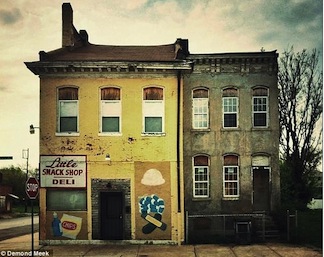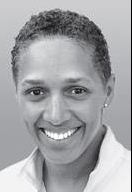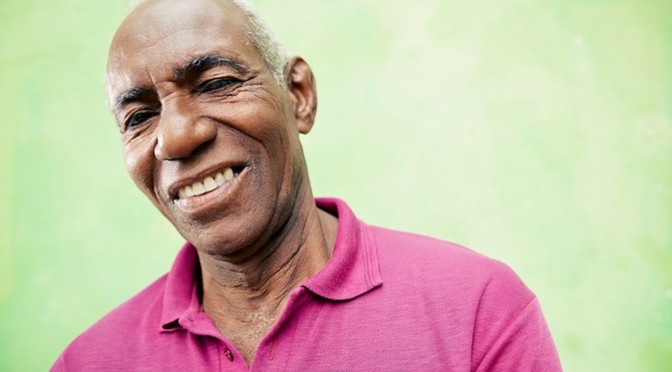AfricanAmericanTherapists.com is designed by black therapists for Black people to
- Learn about mind health:
Check out our Library
Read news about mind health research & treatments - Find Black therapists in the community: Go to the
Directory of African American Therapists or
Enter your city name in the search box on most pages - Find ways to handle situations that happen more frequently in our lives
- Learn ways to identify racism
- Learn ways to deal with anti-black racism
- Get tools to deal with everyday problems of black people
- Improve your decision making as the parent of a black child
- Learn what elements are most important in raising a black child
All “Featured or Verified Providers” have had their credentials verified. All other listed providers have attested that the information they show here is true. You may check your state licensing agency to see if providers who have “self-listed” are shown as licensed in your state. While we attempt to be sure only licensed and credentialed providers are shown on the site, a provider’s status may change at any time and we cannot be responsible for their actions or representations.
Please read the following disclaimer: For site visitors: AfricanAmericanTherapists.com is an informational website only. All featured or verified providers listed here were licensed by their states at the time of initial listing. This website takes no responsibility for ongoing accuracy of licensing or credentialing information. In addition, this website cannot be responsible for the treatment, advice or information provided by any of the providers listed here. As this is an informational website, the information given here does not supercede or replace the advice of your medical provider and is not to be considered medical advice. The resources listed here are responsible for their own services and AfricanAmericanTherapists.com is not able to assure the accuracy or efficacy of their services. The best means of obtaining adequate services for mental health needs is direct consultation with a licensed professional mental health provider. Please seek immediate assistance from your local emergency room or mental health crisis center or hotline if you are experiencing any of the following:
1) A feeling of needing to harm yourself or someone else
2) A feeling of allowing harm to come to yourself or someone else
3) If you are abusing substances
4) If you feel in grave danger or feel you are unable to maintain consciousness: Call 911 immediately!






